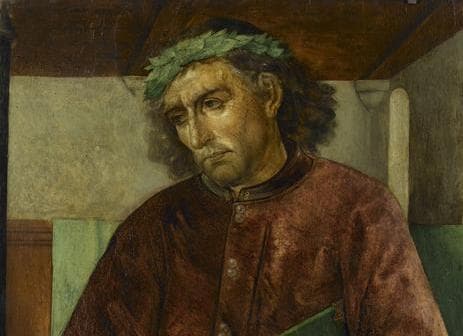
The United Nations — Lake Failure
By THE NEW YORK SUN
|Today the Sun commemorates the birth of Publius Vergilius Maro, known to us as Virgil and traditionally held to have been born on the fifteenth of October.


By THE NEW YORK SUN
|
By CONRAD BLACK
|
By JOTAM CONFINO
|
By SHARON KEHNEMUI
|
By GEORGE WILL
|
By MATTHEW RICE
|
By GARY GASTELU
|
By MATTHEW RICE
|Already have a subscription? Sign in to continue reading
$0.01/day for 60 days
Cancel anytime
By continuing you agree to our Privacy Policy and Terms of Service.